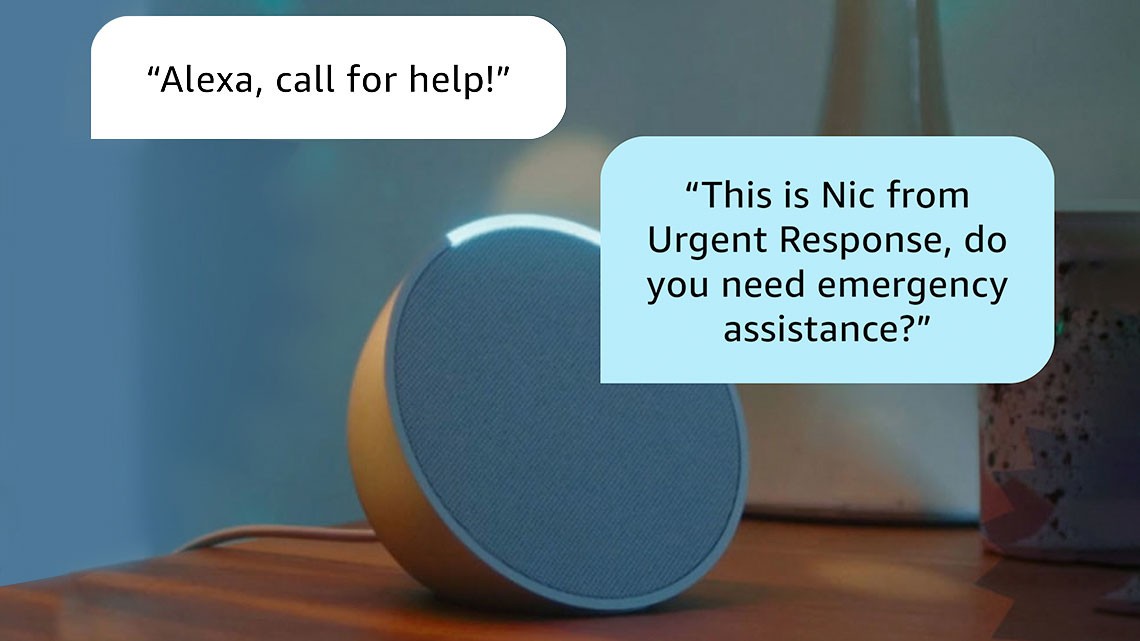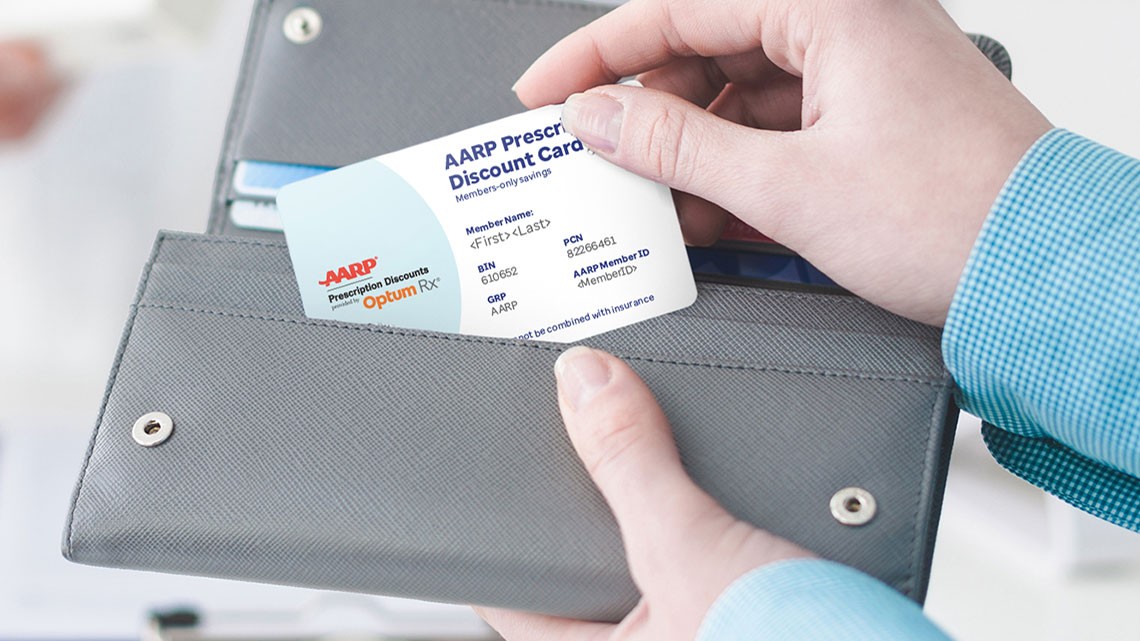Staying Fit


When she was caring for her late father, who had diabetes, Nicole Rochester says she and he “learned the hard way” to always bring snacks and drinks to avoid blood sugar crashes during long waits at doctor’s offices.
Sometimes those waits were “very, very, frustrating,” and “I probably got more annoyed than my dad did,” says Rochester, a physician who left clinical practice after her caregiving experience to become an independent health advocate, based in Gambrills, Maryland.


AARP Membership— $12 for your first year when you sign up for Automatic Renewal
Get instant access to members-only products and hundreds of discounts, a free second membership, and a subscription to AARP the Magazine.
Any family caregiver who has ever spent a long stretch in an outer waiting room, followed by another long wait in an exam room while a vulnerable loved one shivers in a paper gown, knows that frustration and annoyance. Long in-person waits can be particularly trying when someone is very frail or ill or has a condition such as dementia or incontinence. Long waits on the phone, with providers and insurers, can be their own special purgatory.
Why do doctors run late?
As a physician now working as a health advocate, Rochester has extra insight into why doctors so often keep patients waiting. Among the prime reasons, she says, are:
- Overscheduling. Doctors often are “under a lot of pressure” to see a certain number of patients each day to meet revenue targets. So their staffs may schedule more patients than can comfortably be seen, betting that some won’t show up.
- Emergencies and other unexpected issues. Doctors sometimes must handle patient emergencies in the office. Even more commonly, patients who come in for one thing raise additional issues that take more time to address.
- Late patients. Sometimes your wait is the result of the cumulative delay caused by other patients who show up past their appointment times or too late to fill out pre-visit paperwork.
But there are ways to limit those waits and deal with them when they happen, say Rochester and other advocates.
Some extra planning and a little polite assertiveness can go a long way toward easing tensions and minimizing delays, they say. The key, Rochester says, is communication among caregivers, patients and staff. “If you work with them,” she says, “they typically will work with you.”


Dementia Caregiver's Guide
The latest advice and resources to help you and your loved ones navigate a diagnosis.
Among the pros’ tips for avoiding long waits:
- Time calls to avoid the busiest hours. Don’t call late in the day, when staffs are dealing with accumulated demands, Rochester says. Try calling as soon as the line goes off voicemail, first thing in the morning or right after lunch, she says — except on Mondays, when offices are often overwhelmed with calls about weekend problems. If you are calling an insurer, all bets on timing may be off. Your call often goes to a call center in a different time zone or even a different country, says Beth Morgan, a medical billing consultant based in Tolland, Connecticut.
- Make use of patient portals and email. The best way to avoid endless automated phone prompts and holds is to avoid the phone altogether, says Barbara Abruzzo, a registered nurse and patient advocate based in New York City. After making an initial appointment by phone, she says, she always asks if there’s a way to communicate by email. And she makes heavy use of online patient portals. They often are the fastest way to get a basic question answered directly by a physician, she says.
- Get a midweek appointment. Mondays and Fridays are often the busiest days in doctor’s offices, Rochester says. So if you have the flexibility, avoid those days.




































































More on Caregiving
Is Hospital at Home the Future of Health Care?
High-level care outside the traditional hospital setting is gaining momentum
Valuable Lessons Caregivers Can Learn From Nurses
Tips and advice from the pros who provide care for a living
Ways to Manage 8 Frustrating Dementia-Related Behaviors
Finding the right solution requires steady sleuthing, calm compassion